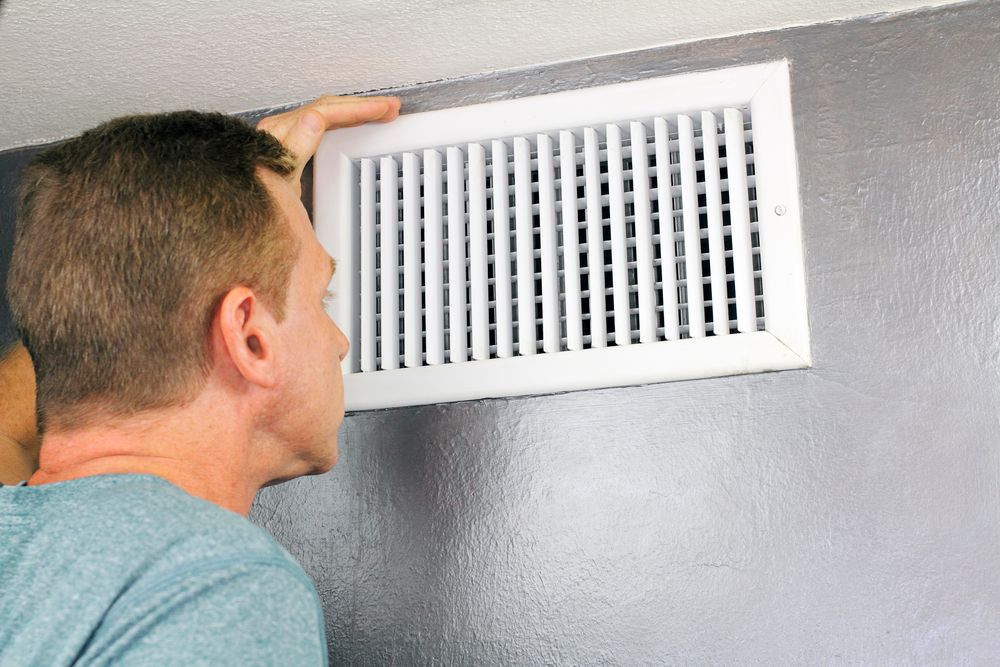Serving The Wasatch Front Area
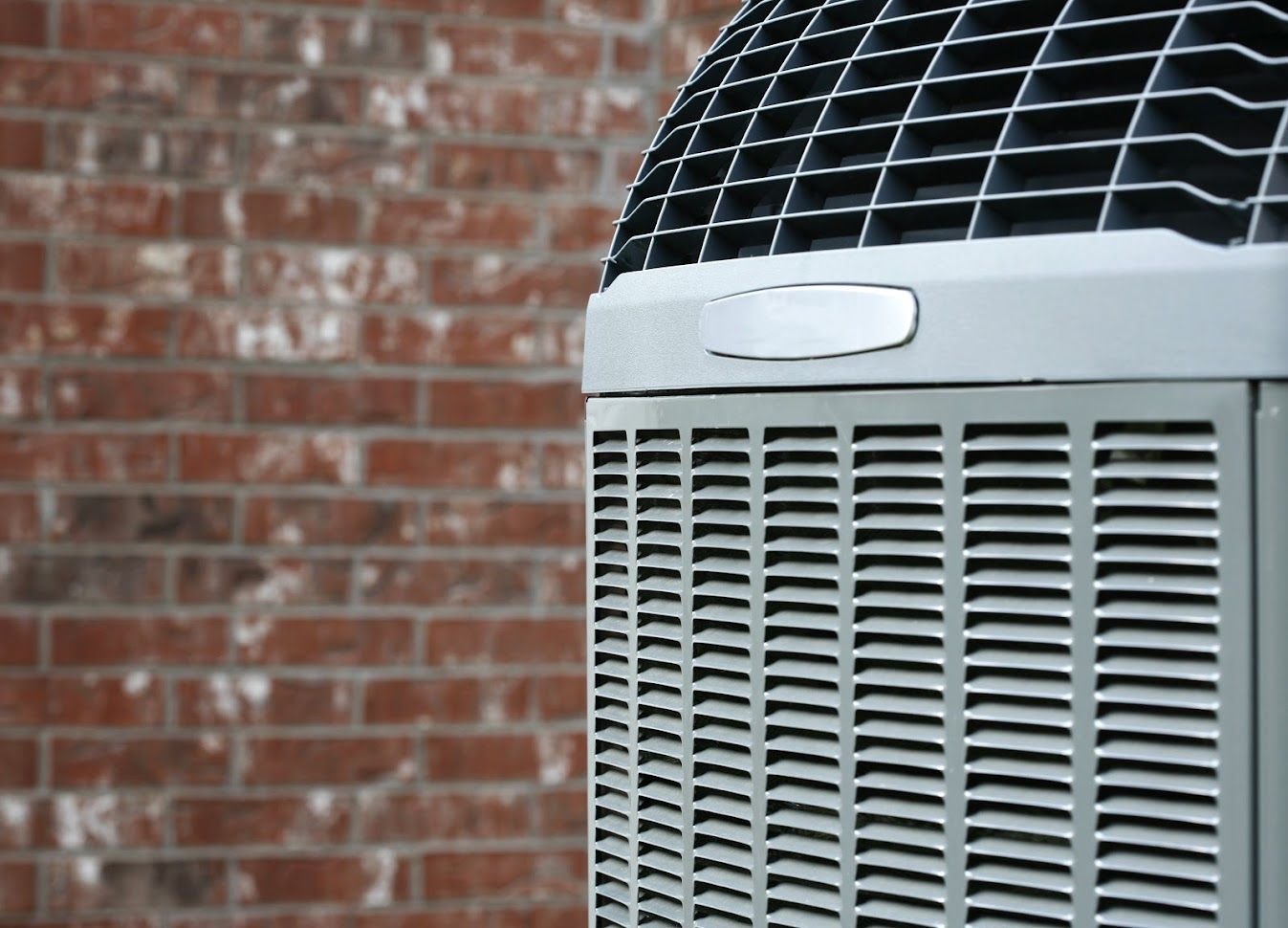
Factors Affecting the Longevity of Your HVAC System
May 3, 2023
An HVAC system helps maintain comfortable temperatures in your home and purifies the air. However, the system won’t last as long if you don’t know how to take care of it. Learn about some factors that affect your HVAC system’s longevity.
Indoor Air Quality
Debris, such as particles, dirt, and dust, can build up inside your home and reduce the effectiveness of your HVAC unit. For example, these contaminants can damage the unit’s internal components, leading to them malfunctioning or slowing down.
For example, if dirt accumulates inside the air ducts, airflow could reduce. Over time, restricted airflow can lead to compressor failure.
Maintenance
Perhaps the number-one factor affecting HVAC durability is regular and proper maintenance. While you can do some of the maintenance yourself, an HVAC specialist can better maintain your HVAC unit.
Common maintenance practices include the following:
- Inspect refrigerant lines to determine the effectiveness of the insulation around the lines.
- Remove debris and other particles that may have built up on the HVAC unit’s coils.
- Verify the functionality of the condensation drip pan and clean the pan to remove debris.
- Inspect the return vent for any signs of clogging.
On your part, you can clear grass and debris near the unit.
HVAC Size
No standard HVAC size can automatically fulfill your home’s heating and cooling requirements. The appropriate HVAC size should effectively keep your home comfortable without overstraining.
If the HVAC unit is too large, it will frequently turn on and off but never attain the appropriate temperature for the home. The continuous on-and-off cycle will put a strain on the HVAC motor. This will increase the rate of wear and tear and significantly reduce the durability of the HVAC unit.
If the HVAC unit is too small, it will have to work harder to provide enough warm or cool air for your home. This will lead to energy wastage and increase your energy bills. The constant running will also increase the rate of wear and tear and shorten the system’s lifespan.
Humidity
The house’s ambient temperature depends on the amount of humidity inside the home. High humidity levels can force the HVAC system to work hard to adjust to the changing temperatures. This problem can occur in winter or summer and will not only increase energy bills but will wear out your system rapidly. One common solution is to install a humidifier to get rid of the excess moisture in the house.
Installation
An HVAC unit is a complex system that requires expert installation. If you attempt HVAC replacement on your own or let unqualified people do the replacement, you can reduce the lifespan of the unit. Incorrect installation can damage the unit and negatively affect its functionality.
System Brand
Different manufacturers use different materials to manufacture HVAC systems. An HVAC unit with high-quality materials will usually have a longer life span and perform better. Look for recommendations from industry experts to select the top HVAC brands.
Location
The placement of the HVAC unit and the local climate can affect how long your HVAC system will last. If the local weather is dry, debris and dust can quickly accumulate inside the filters and coils, reducing the lifespan of your unit. Similarly, if the unit is near landscaping, it can quickly overheat and break down. Ensure the area around the unit is clear to improve air circulation.
The effectiveness and lifespan of your HVAC unit will increase if you work with Comfort Solutions. We are a professional HVAC company that installs, repairs, maintains, and replaces HVAC systems. Our installers are certified and have the qualifications, skills, and experience to serve you 24/7. Contact us for all your heating and air conditioning needs.
Recent News
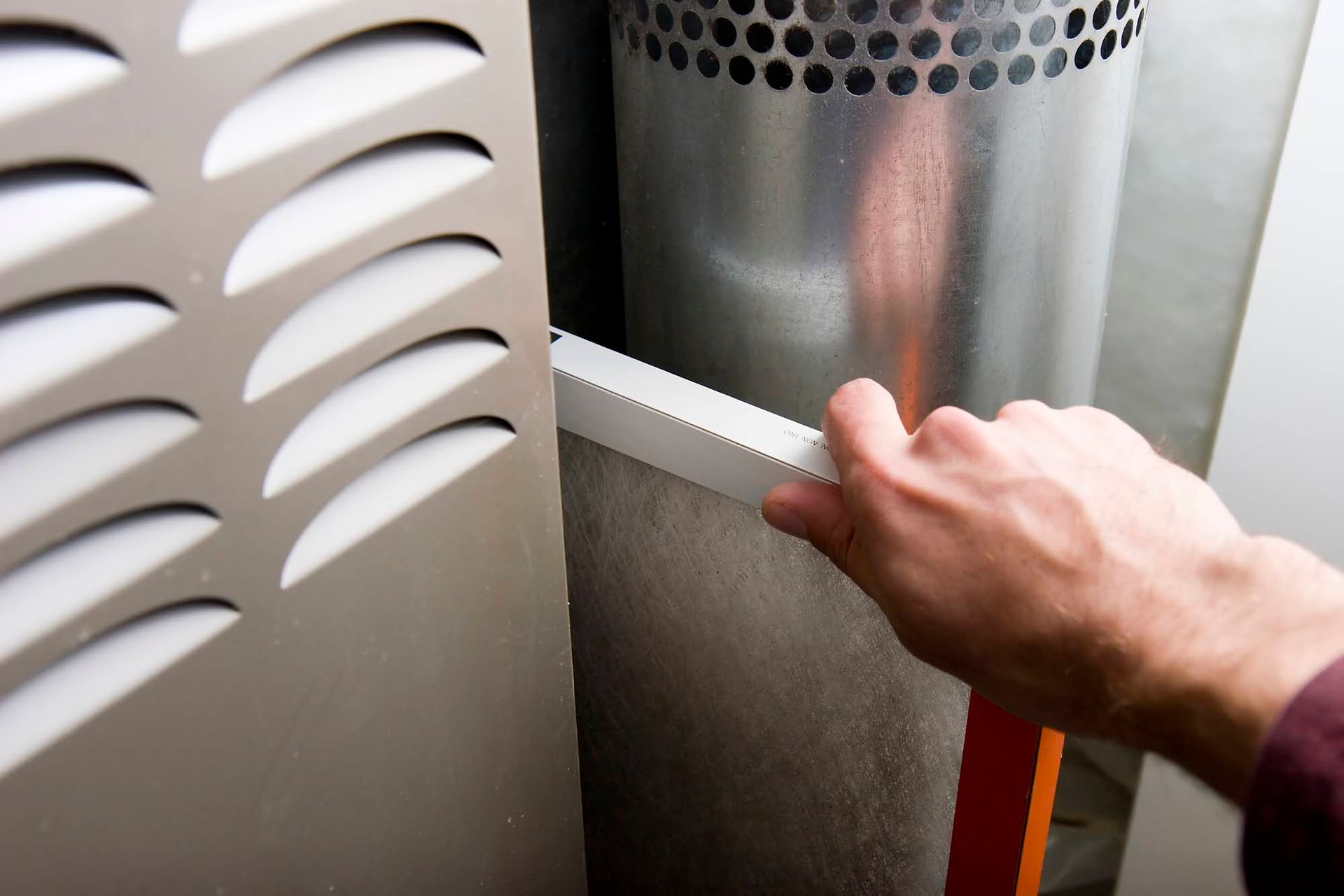
Common Reasons Your Furnace Isn’t Warming Your House
December 18, 2023

Upgrading Your Heating System: What Components Should You Change First?
November 11, 2023
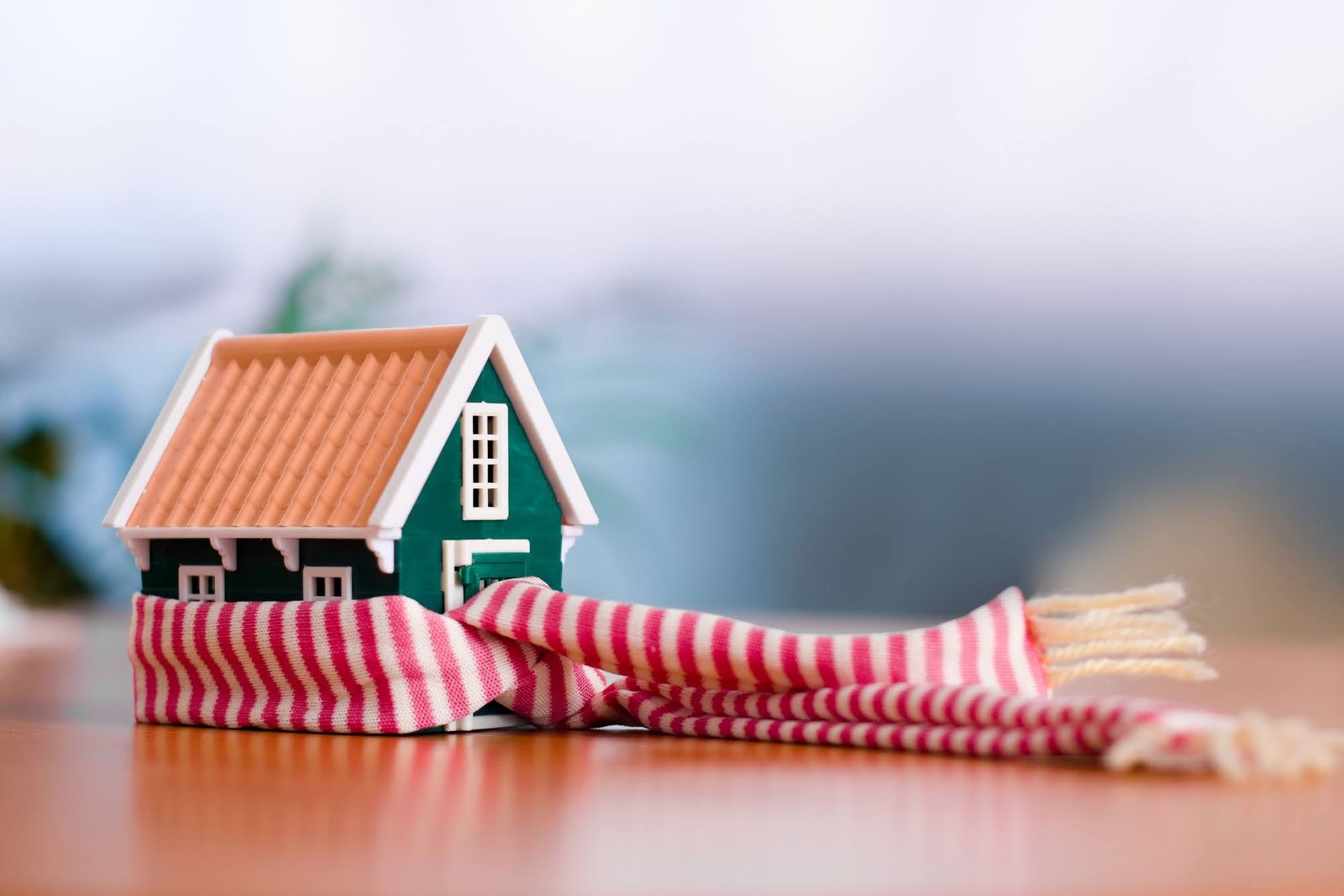
Zoned Heating: Customized Comfort for Your Utah Home
October 3, 2023

6 Reasons Why Expectant Couples Should Upgrade Their AC
September 1, 2023
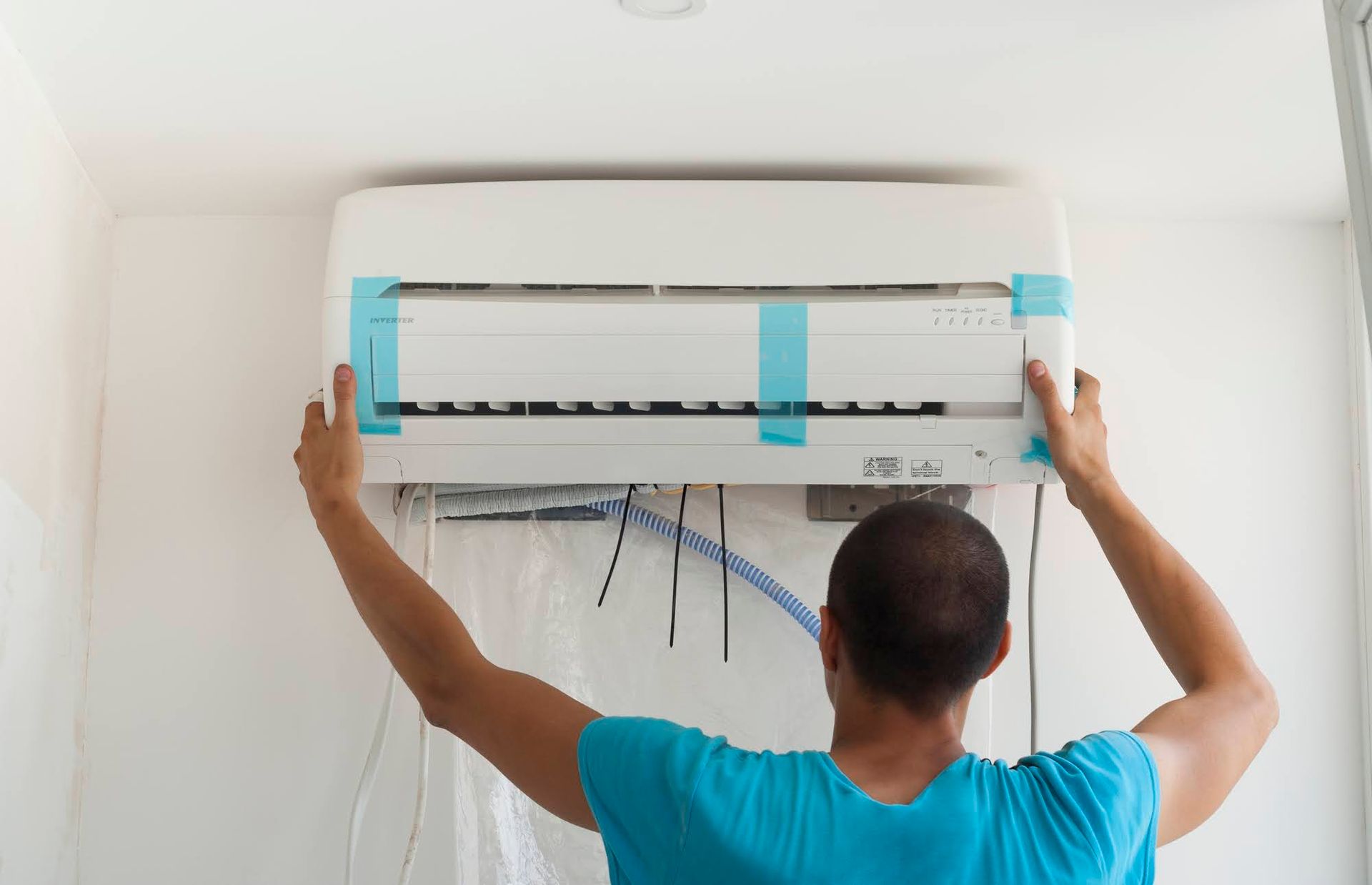
Mold and Air Conditioning: Questions and Answers
August 9, 2023

4 Components You Need To Make Your HVAC System Smart
June 6, 2023
